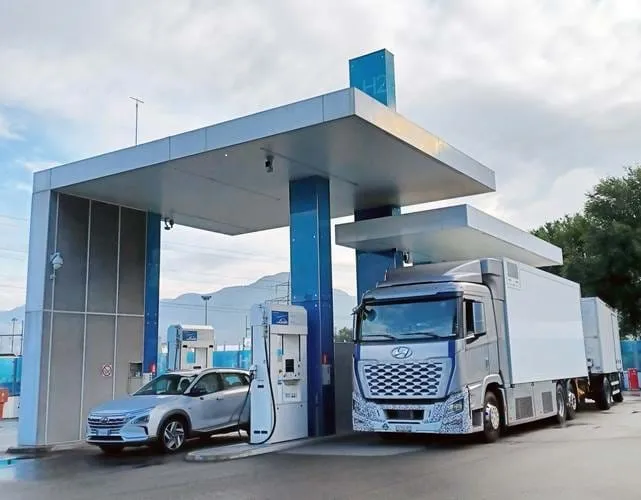Transport for London (TfL) has launched a new five-year industry-led programme to reduce the emissions of London's freight and fleet operators.
The programme will work across the industry to increase the availability and uptake of low emission vans and lorries. It will bring together freight and fleet operators, vehicle manufacturers, fuel providers and the public sector. TfL says that 85 per cent of London's goods are transported by road and that freight makes up 17 per cent of London's road traffic.
February 1, 2016
Read time: 2 mins
The programme will work across the industry to increase the availability and uptake of low emission vans and lorries. It will bring together freight and fleet operators, vehicle manufacturers, fuel providers and the public sector. TfL says that 85 per cent of London's goods are transported by road and that freight makes up 17 per cent of London's road traffic.
The initiative also aims to create new environmental operating standards and contractual clauses for procurement bodies to easily adopt. It also aims to demonstrate, through research and real world trials, that using these cleaner vehicles will not negatively impact operations.
LoCITY will focus on three areas: Increasing the availability and affordability of low emission vans and lorries; Improving the alternative fuel infrastructure, such as electric charging points and the use of hydrogen fuel; Improving policies, procurement and land use planning to increase the use and viability of low emission vans and lorries.
TfL aims to achieve these objectives in time for the introduction of London’s Ultra Low Emission Zone (ULEZ) in September 2020. The ULEZ will apply to the same area as the current congestion charge zone and vehicles failing to meet ULEZ standards, including Euro-VI for trucks, buses and coaches, and Euro-6 for diesel engine cars, vans and minibuses, will face a daily charge, varying with vehicle type, to enter the zone.
TfL says that LoCITY will comprise four working groups. Its first annual conference will be held on 25 May this year.









